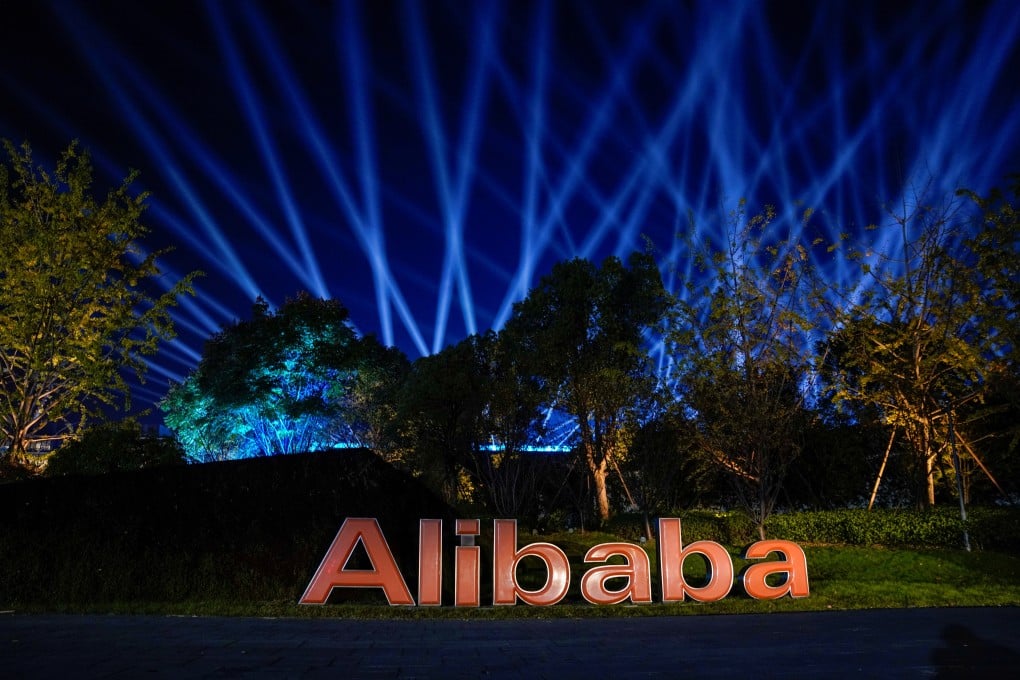Alibaba antitrust probe: not a sign winter is coming but a new start for tech industry, Chinese official media says
- Beijing’s investigation into Alibaba’s alleged monopolistic practices is a necessary technical step for the industry’s development, state media outlets say
- E-commerce giant’s US shares tumble 13 per cent in biggest one-day drop ever after China announces probe

People’s Daily, the official newspaper of the Chinese Communist Party, published two opinion pieces in two days interpreting the investigation as a move to help, not harm, the industry – even as investors in Hong Kong and New York rushed to sell their Alibaba stocks due to concerns about hostility from Beijing.
“For the platform economy, the strengthening of anti-monopoly supervision will not bring about a ‘winter’ of the industry, but rather a new starting point for better and healthier development,” the newspaper said in its second commentary on Friday.
Alibaba is the parent company of the South China Morning Post.
The opinion pieces, which were widely republished by Chinese official media outlets and social media accounts and promoted by Chinese news portals, suggested that Beijing did not intend to hurt the platforms although it had decided to rein in their expansion.